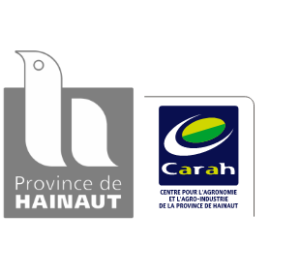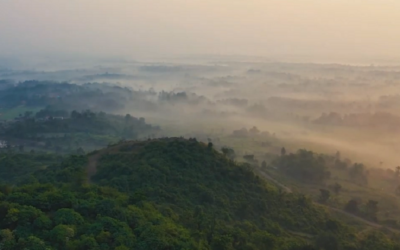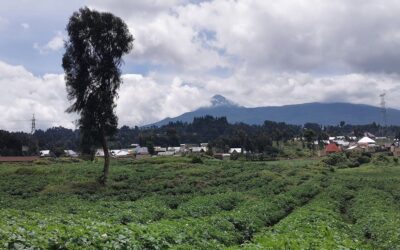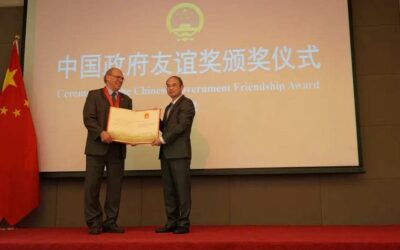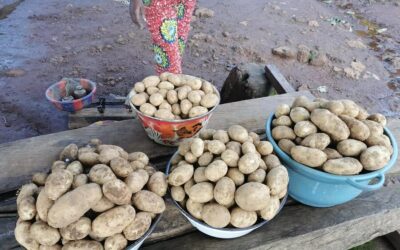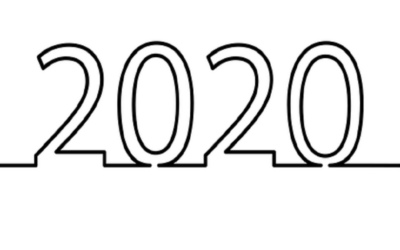
International Agronomy / South Africa
Impocha Project
CARAH is one of the partners of the IMPOCHA project, a trilateral research project between Belgium, South Africa and China. Belgium is a major potato producer and the leading exporter of frozen potato products. China is the largest producer and consumer of potatoes in the world and alone produces a quarter of the world’s production. In South Africa, the potato represents 50% of the total value of vegetable crops and generates 10% of employment in the agricultural sector.
In these three countries, the intensive production of potatoes is a major source of the dissemination of pesticides intended to counter fungi (fungicide) in the agricultural environment, with potentially harmful effects on micro-organisms living in the soil, as well as the potential exposure of farmers and nearby rural populations.
The IMPOCHA project aims to examine the impact of fungicides on the environment and human health. In addition, a second objective is to assess whether climate change conditions alter the way fungicides are applied to potato crops.
Goals
- Assess the impact of potato cultivation on the environment and human health, under real conditions and under experimental conditions that mimic climate change
- Assess the exposure of farmers and their families to fungicides (BE and CN) through a questionnaire on farming practices and fungicide use. Silicone wristbands will be used as a variable for human exposure. The fungicides present in the bracelet will be analyzed and a subsequent risk assessment will be carried out.
- Assess the impact of agricultural practices on the soil microbiome in BE, CN and AS by comparing agricultural practices, including the use of pesticides on the microbiome in soils intended for potato cultivation (using a next-generation sequencing).
- Assess the effect of different agricultural practices on forage quality (and therefore animal health) in SA, particularly in ground cover crops that are planted after potato crops in the same fields.
- To assess the impact of climate change, growth chamber trials with high concentrations of atmospheric CO2 and warmer/drier climatic conditions, as well as greenhouse experiments simulating warmer/drier conditions will be used in BE, CN and AS to assess the response of soil microbiomes of various qualities (diversity) to these new conditions.

Infos au service Agronomie Internationale
Adresse
7800 Ath
François Serneels
Téléphone
Maxime Bonnave
Téléphone
Others countries

Actus
Le Rwanda en images
Agronomie internationale: suite à leur récente mission au Rwanda, nos collègues vous ont concocté une vidéo afin d'en savoir plus sur ce projet...
Nos agronomes au Rwanda
Deux de nos agronomes reviennent d'une mission dans le district de Musanze, au Rwanda. En collaboration avec l'INES Ruhengeri (NDISANZE Marc...
Une reconnaissance internationale de notre expertise
Le gouvernement chinois a décidé de décerner le Prix de l’Amitié pour 2022 à trois experts belges dont l’un de nos agents, François Serneels. Depuis...
Notre expertise en Guinée
Agronomie internationale En Guinée, dans le Fouta-Djallon, la pomme de terre est une culture majeure, largement exportée à travers le pays. 38 000...
Rapport d’activités 2021
Pour tout savoir sur les activités du CARAH en 2021, consultez le rapport d’activités Rapport d'activités 2021
Rapport d’activités 2020
Pour tout savoir sur les activités du CARAH en 2020, consultez le rapport d'activités RAPPORT D'ACTIVITE 2020
